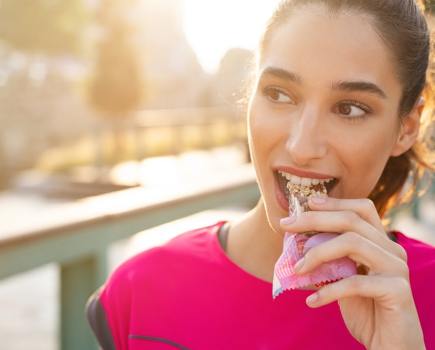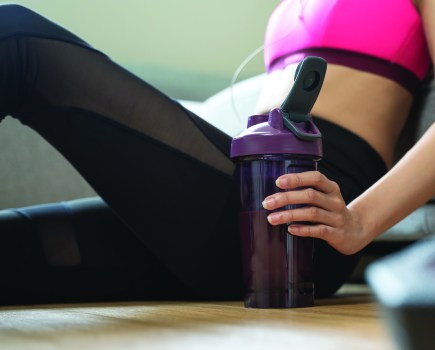Good nutrition is an integral part of performing well, feeling healthy and getting the most out of your running. Here are 14 nutrition tips for runners…
If you’re trying to get better at running, you need to take a closer look at your nutrition habits too. It’s all well and good running 4 times a week, but if you’re living off processed junk food, you’re unlikely to see much progress. We’ve rounded up our top nutrition tips for runners, to help you support your body before, during and after your runs…
Discover the best running shoes for women
Try the Saucony Peregrine 13
BUY IT NOW:
£130 / saucony.com
1. Time your meals and snacks right
When you run, it’s important to eat at the right time so that you make the most efficient use of your fuel. And, if you’re trying to cut back on carbs, it matters even more. The guidance is to eat energy-rich carbohydrates in the two-hour window after you’ve exercised. At other times of the day, eat protein, fruit and vegetables, and drink plenty of water. If you’re consuming a fuel that isn’t going to be used, it will be stored as fat. If you consume most of your calories (especially carbs) after exercise, the fat-loss effect will be better, as your metabolism will burn the energy.
When it comes to eating before you exercise, save the carb-loading for sessions that are going to last longer than two hours, and stick to low-GI foods that won’t cause sugar level spikes and the resultant slump in energy. Some nutritionists point out that if you’re going to the gym for an hour and swig a carbohydrate drink, you could train your body to become carb dependent and, as a result, less efficient at using fat as fuel.
Learn more about pre-workout nutrition for women
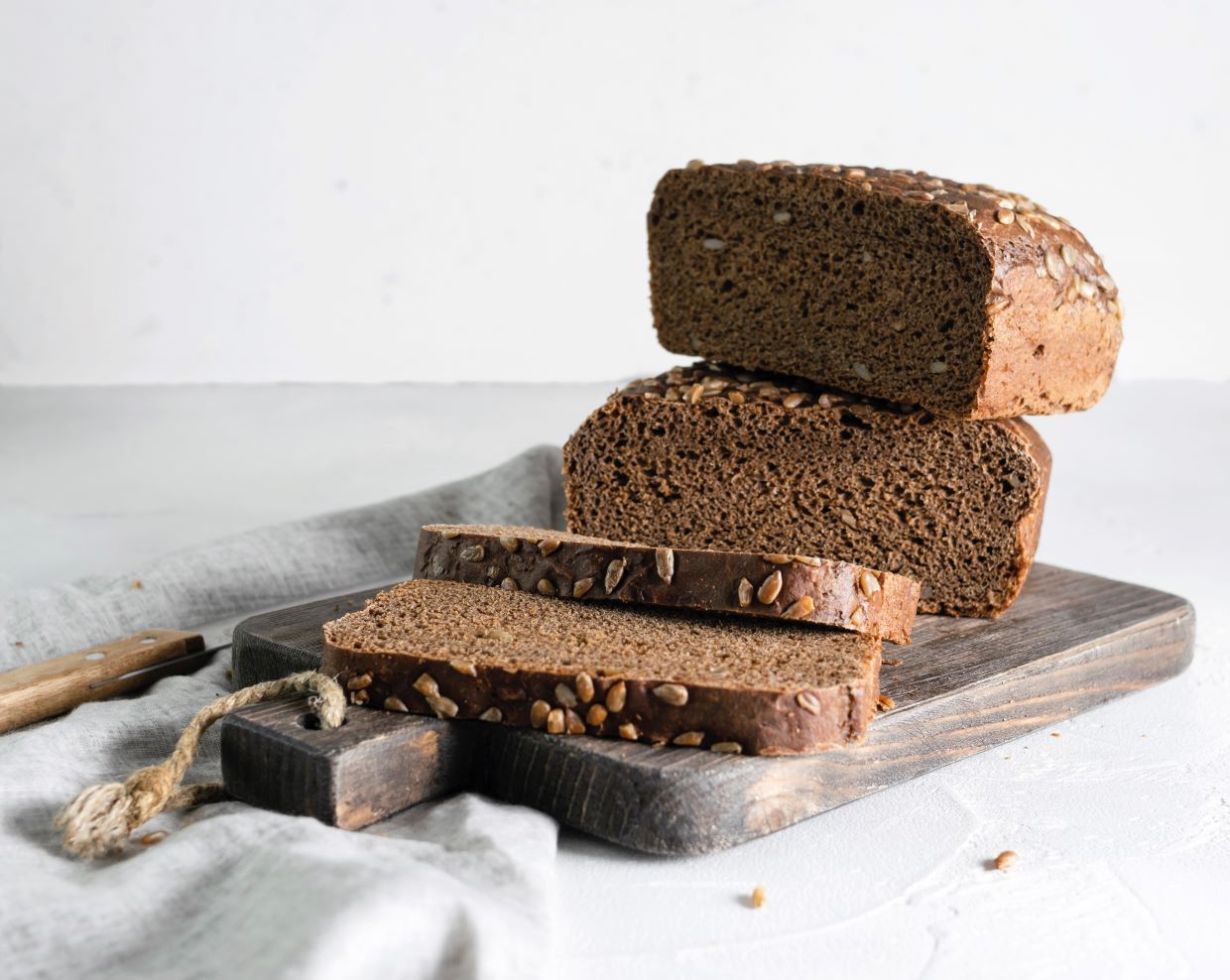
2. Opt for wholegrains
As a rough guide, you need around five-to-10 grams of carbohydrate per kilogram of body weight per day. Choose pulses (which are also protein rich) and wholegrains. For a simple rule, opt for brown – bread, rice, pasta. And don’t forget that you can get carbohydrates from a diet rich in colourful fruit and vegetables.
3. Eat good protein sources
When it comes to nutrition tips for runners, protein intake is often top of the list. Lean chicken, fish and eggs are great for a daily protein fix, and snack on nuts and seeds for smaller protein hits. Protein also helps you to feel full. Whey protein is one of the most popular proteins for athletes, and is often found in post-run recovery drinks.
4. Why pH matters for runners
Your body chemistry works in harmony when alkaline and acidic foods are eaten in balance. When you train hard, you can produce too much acid and upset your pH balance. And when you’re too acidic: your body produces more insulin and, as a result, stores more fat. The oxygen affinity of haemoglobin in the blood decreases, there’s more free-radical damage, and acidic blood plasma can increase blood pressure.
Get the balance right:
- Lemon in hot water can make the blood more alkaline.
- Eat salad for breakfast: avocado, green leaves, tomato and cucumber with olive oil; and protein/carbs for lunch to avoid getting clogged up.
- Eat green (go for 80 per cent) and eat clean.
5. To carb or not to carb?
What’s the right ratio of carbs to protein and fat for runners? Should you be following a Paleo diet, become vegan, or go all out on carbs? There are different schools of thought:
Eat for your body type?
The ectomorph body type of endurance runners is, according to nutritionist John Beradi and Precision Nutrition (precisionnutrition.com), better able to metabolise carbohydrates and do well eating a diet predominant in healthy, slow-release carbohydrates.
Consume fewer carbs?
Others argue that many runners are too carb dependent. They point out that the primary fuel used when you’re running is fat, so you should, therefore, eat more fat and fewer carbs in order to fuel your running.
Be consistent
It seems the most important thing is to stick to a plan that works for you. Results from four meta-analyses published in the Journal of the American Medical Association concluded that adherence is the only consistent factor with weight loss and disease-related outcomes.
Choose balance
If you drink lots of water, eat less processed food, sugar and caffeine, but plenty of fresh fruit, green, leafy vegetables and healthy, low-GI carbs, you’ll be healthy, maintain a good weight and perform well at running. There’s no one magic macro nutrient (i.e. fat, protein, carbohydrate), it’s pretty much what your mother told you – a balanced diet works best!
Learn more about the best carbs for runners and when to eat them
6. Eat beetroot
Why it’s good: Oxygen booster
It’s hardly surprising that beetroot sales have boomed in recent years. Research has found that this simple root vegetable helps runners become more efficient at using oxygen. This is thought to be linked to the levels of nitrate it contains, which is also linked to lowering blood pressure levels.
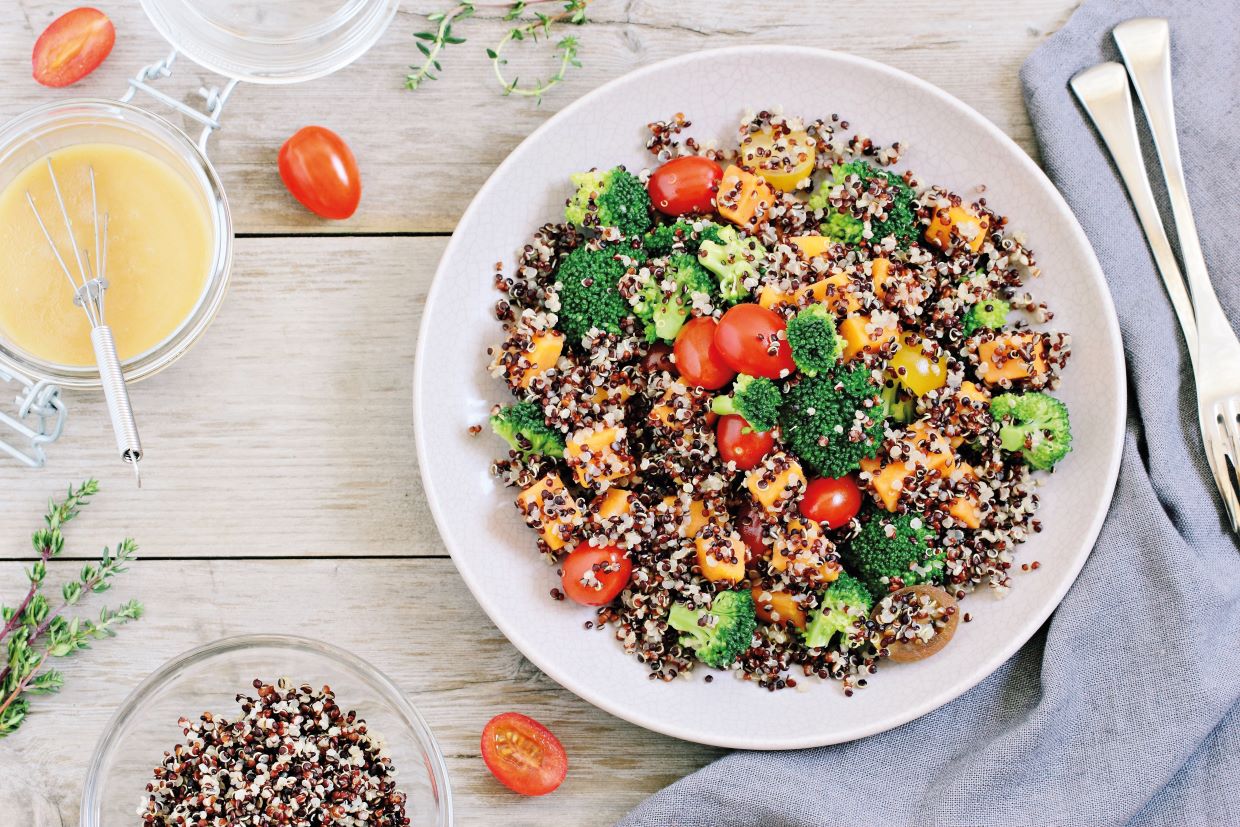
7. Add quinoa to your diet
Why it’s good: A great source of protein
Gluten free and high in fibre, quinoa contains twice as much protein as rice or couscous. It’s also a good source of carbohydrate and low GI, so is ideal for anyone trying to keep blood sugar levels even. It’s packed with vitamin B and iron, too, plus
it doesn’t leave a heavy feeling in your stomach.
8. Try adding cinnamon
Why it’s good: Metabolism booster
Sprinkle it on your porridge or add to your juice or smoothie. Cinnamon mimics the action of the hormone insulin
(a fat-storing hormone), helping to effectively process carbs and sugars into energy that you can use for running!
9. Cook with turmeric
Why it’s good: Anti-inflammatory qualities
Turmeric contains curcumin, a powerful antioxidant that helps reduce inflammation. Recent research on arthritic rats found that curcumin may be as effective as some pharmaceutical drugs at reducing inflammation.
10. Peanut butter nutrition tips for runners
On the move? A spoonful of peanut butter will give you a protein/carb recovery booster before or after a training session.
Add it to a smoothie for a tasty treat. Try it with milk and banana, and add flaxseed, or use almond butter with almond milk and fruit. You could also add yoghurt and crushed ice.
Make your own peanut butter for the cleanest eating and a great taste. You’ll need nuts, oil, salt or honey as optional extras, and a good food processor. Use around 450g of nuts and add the oil slowly, to get the right texture. Remember, the nuts have their own oil, which will be released as you blend, so don’t go over the top.
11. Make sure you eat healthy fats
Fat got a bad press from the 1980s onwards, when it seemed the only way to eat and maintain a healthy weight was to go low-fat. But as well as needing protein and fibre, fat helps the body to balance blood sugar and related hormones, and improves the satiety of a meal (i.e. you’ll feel fuller). Fat functions to keep you warm, and you use fat as fuel when you run. Choose foods rich in natural fat, such as avocados, nuts, seeds, eggs and meat.
12. Hydration tips for runners
- Eat water-rich foods: Try cucumber, watermelon, apples and celery.
- Drink water all day: Keep a glass of water by your desk and sip through the day. Start the day with hot water and lemon.
- Watch your wee: Quite simply, if it’s dark yellow, drink more water!
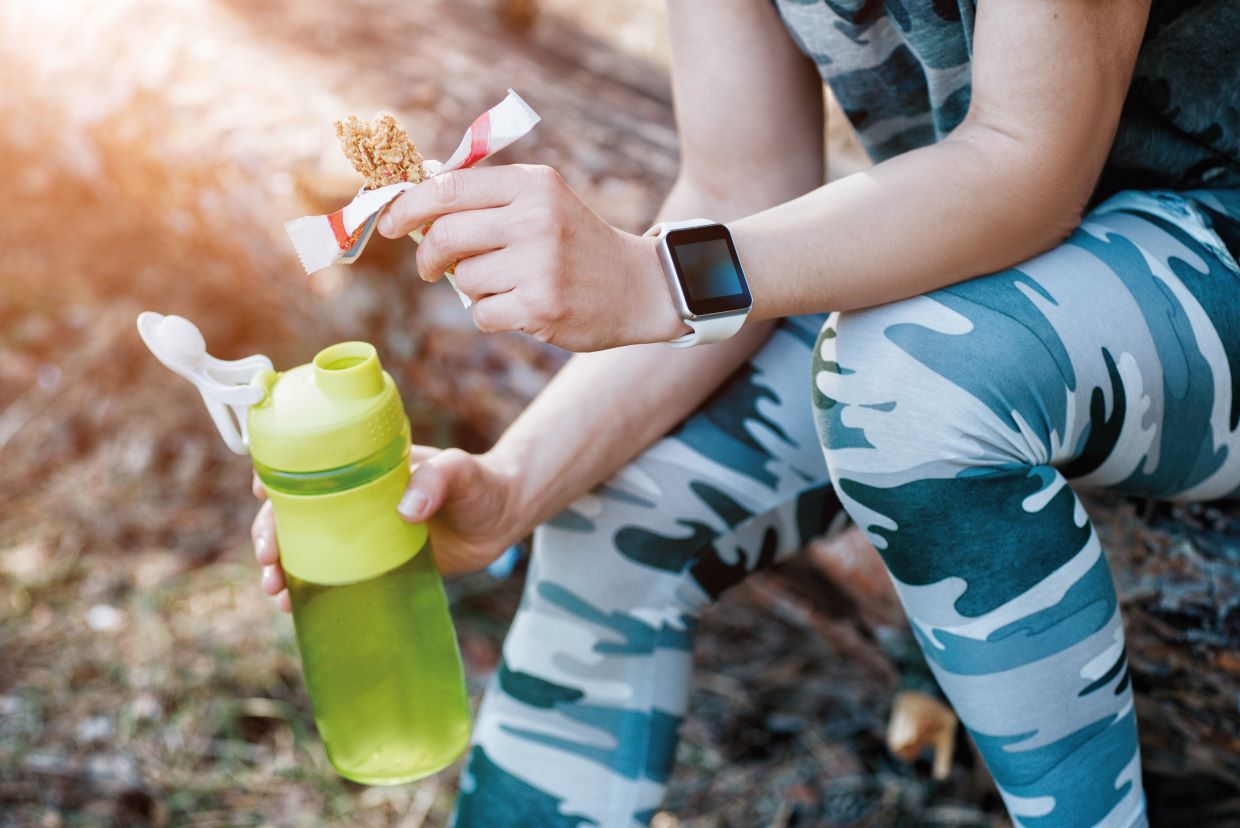
13 Nutrition tips for runners before a race
- Before: Eat slow-release carbs, such as porridge or wholegrain bread (and honey). Caffeine before your race can help boost performance, too.
- During: For races that last longer than two hours, you’ll need to top up glycogen supplies with sugar/electrolyte-based carbs. We love Clif Bar Shots and SiS energy gels. Whatever you opt for, make sure you try them out before you race.
- After: For recovery, mix protein and carbs, either a tuna sandwich or a recovery drink such as SiS Rego are good options.
14. Up your iron intake
Iron deficiency symptoms include tiredness, shortness of breath, restless legs and an elevated heart rate. You may feel tired and lack motivation to train. Iron plays a key role in energy metabolism, immune function and providing oxygen to the working muscles. Plus, iron makes haemoglobin, which carries oxygen to the working muscles, and has obvious implications for runners.
Iron deficiency symptoms:
Research published in the Journal of Internal Medicine found that more than half of runners suffer from an iron deficiency. There are many factors that affect a runner’s iron levels. Runners have a larger blood volume, so need higher levels of haemoglobin and serum ferritin (ferritin stores iron). Sweat and urine can contribute to iron loss. Add to that 85 per cent of runners test positive for blood in their stools, and this can lead to loss of iron.
The most common cause of deficiency however, is a poor diet. Women are also more likely to be deficient due to blood loss from menstruation. A specific condition to affect iron levels is foot-strike haemolysis. It leaves feet swollen and burning hot after a run, and is caused by the red blood cells in the feet breaking down as the foot hits the ground. This condition is often found in heavier runners who train on hard surfaces.
Best iron food sources:
- Red meat, especially liver and beef, but also poultry (the darker, wing meat), eggs and sardines. Combine with green, leafy vegetables (watercress, broccoli, spinach and kale).
- Bread and cereals fortified with iron.
- Nuts, such as Brazils and almonds.
- Seeds, such as sunflower and pumpkin seeds.
- Dried fruits: apricots, figs, prunes and raisins.
- Take iron supplements with vitamin C for better absorption – a glass of orange juice, peppers in a salad, or strawberries on your cereal.
RDA for iron:
- 14.8mg for women
- 8.7mg for post-menopausal women
Words: Fiona Bugler | Images: Shutterstock





